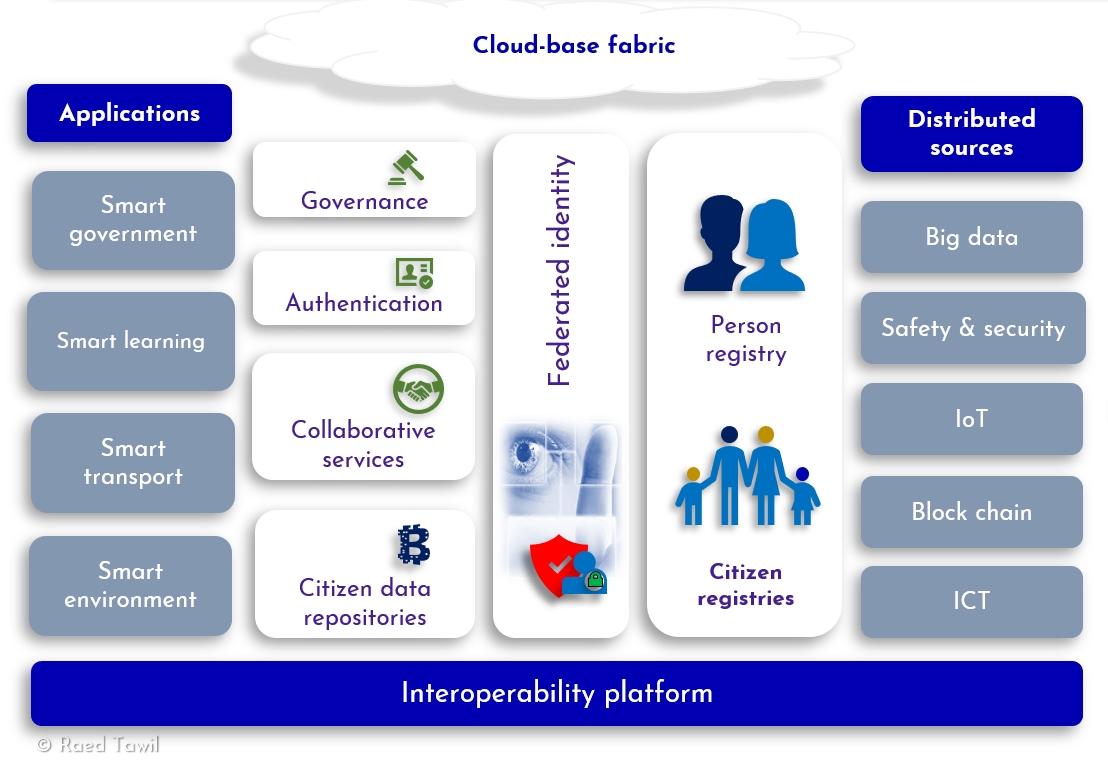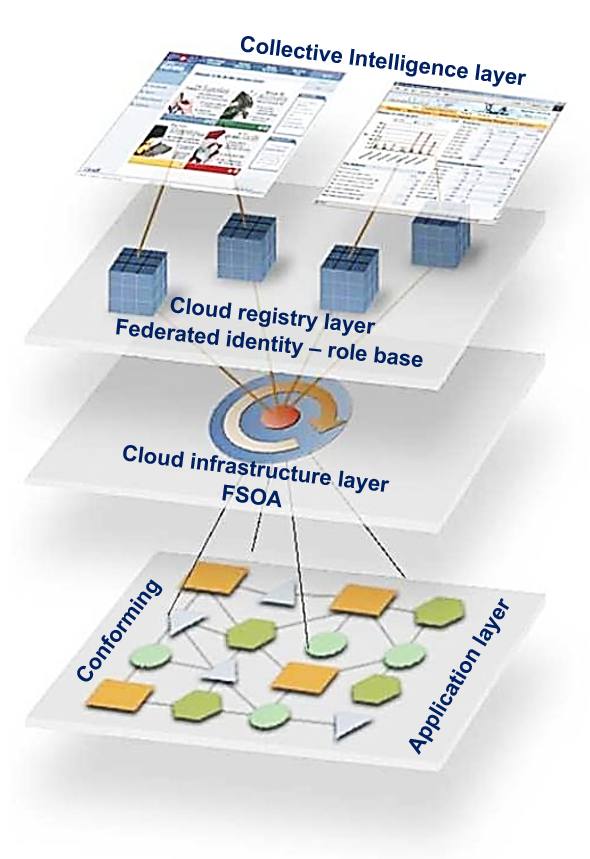The Premise
Technologies are tools for automation. The challenge is how, where and when to apply it.
First, we need to clarify the expression "automation". In our case, automation is the process by which we convert a paper-based operation into a paperless one using technology as a tool for this type of conversion.
For how, where, and when, RKTEK Methodology provides for a bulletproof approach. In any business operation, responsibilities are defined and fixed. By following the paper trail, we can get to the responsibilities and the roles associated with each. Responsibilities represent a fixed workflow, and that is what needs to be automated and where technology is to be applied. The associated role tells us when to apply automation. The business process is what dictates how to apply the technology.
The Architecture
Within any enterprise, collected data is its most valuable asset; the challenge faced day in and day out is how to share and intelligently cross-reference the data. RKTEK’s designed eGovernment platform is a flexible architecture to deal with rapid geopolitical, economic, market and technological changes. It is extensible and durable as it anticipates new services and products in response to an ever-changing and innovative thriving environment.
RKTEK uses FSOA, a technology framework for sharing information securely at national level. It is a valuable government tool for extensive cross-agency collaborations. The architecture is inherently Service Oriented, Federated, and Distributed in nature. It addresses three fundamental aspects:
- Process Collaboration
- Organizational Interoperability
- System Unification
FSOA ensures the eGovernment platform to include:
- Federated governance model
- Agile business service development
- Distributed public key infrastructure and certificate-base authentication
- Distributed universal discovery system
- Distributed queuing and file System
- Highly declarative mode of operation
- Linearly scalable and distributed architecture
- Core components backed by Sun, Oracle, IBM technologies
- In-process embedded object database system (Object Incubator)
- Native interfaces for Oracle, Sybase, IBM DB2, MS SQL
- Completely W3C standard-based






